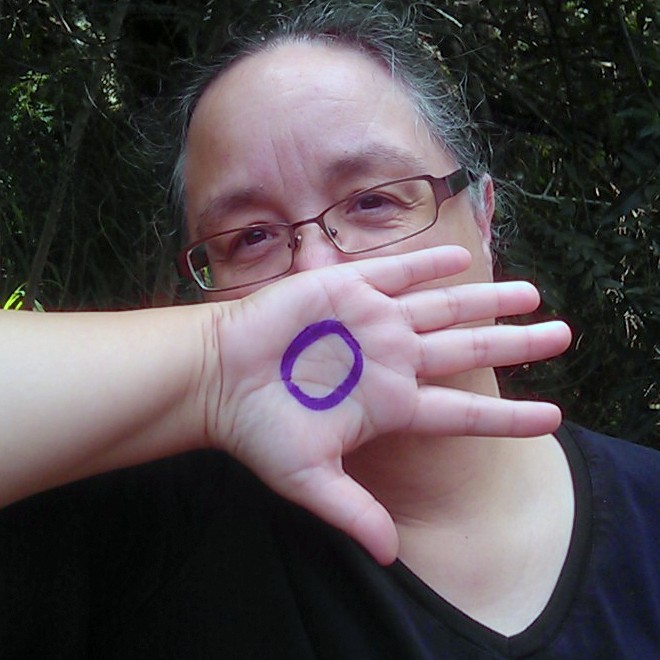Be a contributor, not a guru
I don’t even remember how this item came into my social media feed. I had never heard of Denise Duffield-Thomas, but what she said resonated with me as wisdom for patient advocates.
“You don’t have to be a guru, you can be a contributor. If you really care about a topic, be a contributor. You don’t have to know everything.”
Too often patients (and their caregivers) censor themselves.
They don’t feel qualified. After all most patients don’t have medical degrees or some other kind of formal credential. So, what?
They worry that their knowledge is based “only” on their personal experience. Can the one speak for the many? Guess what, most medical professionals don’t have any personal experience with diabetes, or any other chronic illness or disease, and yet they generalize.
Patients fall prey to the imposter syndrome, that feeling that somehow you shouldn’t speak up. You’re not qualified. When they (whoever “they” is) find out, something awful is going to happen.
The conventional advice for addressing imposter syndrome is familiar. It boils down to remind yourself of your achievements. But what if you’re doing something new and different? What if you’re just starting out as a patient advocate?
That’s the beauty of being a contributor and not a guru.
It totally re-frames your role of the patient advocate. You don’t have to be the expert. You don’t have to know everything. You don’t have to speak for everyone. You don’t have to lead the charge.
You just have to be a contributor.
There are lots of ways to contribute. Go ahead and choose.


